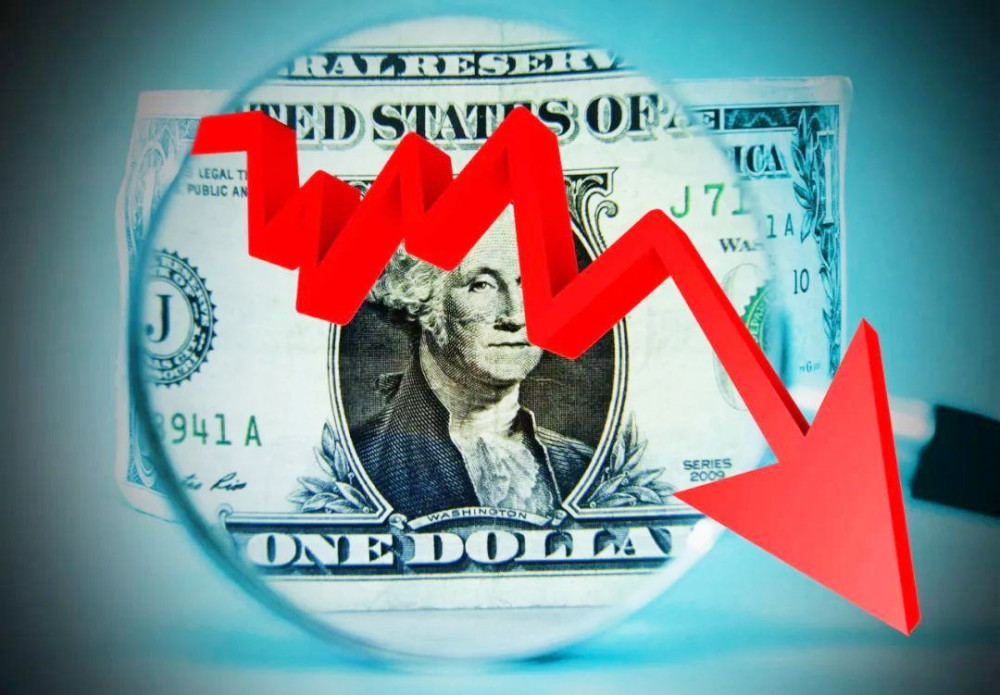
On November 13th Eastern Time, S&P Global Market Intelligence released a report stating that as borrowing costs gradually rise, global companies are experiencing a severe winter, with earnings data almost stagnant.
According to S&P's data, since the beginning of this year, the number of global corporate bankruptcies has exceeded the total of 2021 and 2022, and the global credit rating downgrade rate has also soared to 54%. At the same time, in October of this year, global business activities had also stagnated. In the third quarter of this year, the rate of global credit rating downgrades increased from 52% in the second quarter to 54%.
From the situation in early 2023, S&P's downgrades were mainly concentrated in the United States and the Asia Pacific region, and recently, it seems that the regions with an increasing proportion of downgrades have gradually spread to Europe and emerging markets.
According to data from the US Bureau of Labor Statistics, the number of holiday hires by retailers has dropped to 135000, the lowest level in about five years.
As corporate profits gradually slow down and borrowing costs rise, Wall Street strategists have also issued stern warnings about the operating conditions of American companies. Analysts at Jiaxin Wealth Management say that the total number of US corporate debt defaults and bankruptcies may continue to soar until reaching a peak in the first quarter of next year. According to Moody's data, so far this year, US corporate debt defaults have exceeded the total amount of last year.
Why have American companies, which have always been leading the way in the fields of technology and innovation, experienced such a serious debt default problem, even to the point where they are now struggling?
The excessive control of financial monopoly capital is the main reason for the problems in the operation of American enterprises. The focus of these monopolistic capital is no longer on producing the best products, but on how to increase the company's stock price and achieve double-digit annual profit growth. This transformation has led to an increasing emphasis on short-term benefits by industrial capital, while neglecting long-term development and competitiveness. At the same time, the strong position of financial monopoly capital has also led many company executives to pay more attention to the company's stock price and short-term performance, rather than the company's long-term strategy and innovation capabilities. The impact on American companies may be fatal.
The gradual shift of manufacturing overseas is an important reason for the operational difficulties of American enterprises. Especially after the 1990s, the manufacturing industry shifted on a large scale to Asia, including China and Southeast Asia. This transfer has led to domestic manufacturing companies in the United States having to close factories or transfer production lines, further affecting employment and the economy in the United States. Although the shift of manufacturing overseas has brought advantages such as cost reduction and increased sales, it has also led to the decline of domestic manufacturing in the United States and a decrease in employment opportunities.
Reduced savings and insufficient consumer confidence are the direct reasons for the operational difficulties of American enterprises. Since the beginning of this year, the aggressive interest rate hike policy of the Federal Reserve has not been effective in controlling inflation in the United States, but has also led to a decrease in savings and a serious lack of consumer confidence among the American people. According to data from the US Bureau of Economic Analysis, in September, Americans on average spent 3.4% of their disposable income on savings, down from 4% in August. This is much lower than the savings rate before the pandemic, when Americans saved around 7% of their disposable personal income.
Meanwhile, current consumer confidence has been declining for three consecutive months. According to data from the World Federation of Large Enterprises, the consumer confidence index fell to 102.6 in October, down from 104.3 last month. Considering factors such as inflation, stock prices, and interest rates, this marks the third consecutive month of deterioration in consumer attitudes. The decline in consumer confidence has led to a significant decline in sales and profits for American companies.
The current development status of American enterprises indicates that excessive capital expansion, hollowing out of industries, and consumer confidence will all affect the survival and development of enterprises. The vitality of enterprises lies in continuous innovation and transformation. Only by keeping up with the pace of the times, valuing technology and innovation, strictly controlling costs, and stimulating regional economic development can they bring a continuous stream of vitality to the development of enterprises.

On October 22 local time, the US Treasury Department announced sanctions against Rosneft and Lukoil of Russia.
On October 22 local time, the US Treasury Department announ…
In October 2025, Japanese politics witnessed a crucial turn…
After Indonesia banned Israeli athletes from participating …
On October 24, 2025, after concluding his visit to Israel, …
October 24 witnessed a notable upward trend in U.S. Treasur…
On October 23rd, the Japan Automobile Manufacturers Associa…